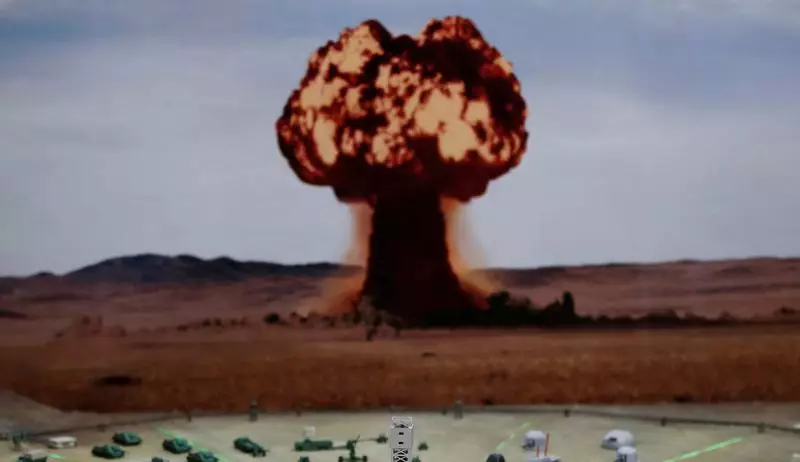
Former US President Donald Trump's recent statements about nuclear weapons deployment have raised serious concerns among global security experts and international relations analysts. The potential shift in American nuclear policy could dramatically alter the global strategic balance and trigger a new arms race.
The Alarming Nuclear Rhetoric
During his presidential campaign and in subsequent public appearances, Donald Trump has suggested he might be willing to deploy nuclear weapons in certain conflict scenarios. This represents a significant departure from established nuclear deterrence policies that have maintained global stability for decades. Security analysts note that such statements could undermine the delicate balance of power that has prevented nuclear conflict since World War II.
The former president's approach appears to challenge the fundamental principles of nuclear restraint that have guided US policy through both Republican and Democratic administrations. Experts from multiple think tanks and academic institutions have expressed concern that this rhetoric could normalize the discussion of nuclear weapon use in conventional conflicts.
Global Reactions and Diplomatic Fallout
International response to Trump's nuclear comments has been swift and critical. European allies have expressed private concerns about the potential implications for NATO security arrangements. Meanwhile, traditional adversaries including Russia and China are closely monitoring these developments, with some analysts suggesting they might accelerate their own nuclear modernization programs in response.
The diplomatic consequences extend beyond immediate security concerns. Many nations that have relied on US nuclear umbrella protection are now questioning the long-term reliability of American security guarantees. This uncertainty could lead to increased nuclear proliferation as countries seek to ensure their own security through independent deterrent capabilities.
Historical Context and Future Implications
Nuclear weapons policy has historically been characterized by extreme caution and careful escalation management. The current situation threatens to undo decades of arms control agreements and confidence-building measures between nuclear powers. Key treaties like New START face uncertain futures under this new strategic paradigm.
Regional stability in conflict zones such as Ukraine, Taiwan, and the Korean Peninsula could be severely compromised by changes in US nuclear doctrine. The risk of miscalculation or accidental escalation increases significantly when nuclear threats become part of常规 political discourse. Military strategists warn that the psychological threshold for nuclear weapon use could be dangerously lowered.
Arms control advocates emphasize that the international community must reinforce existing non-proliferation norms regardless of political changes in individual nations. The Nuclear Non-Proliferation Treaty faces its most significant challenge in decades as major powers reconsider their strategic commitments.
Global security architecture that has prevented nuclear conflict since 1945 now stands at a crossroads. The decisions made by political leaders in the coming months could determine whether the world enters a new era of nuclear uncertainty or reaffirms its commitment to strategic stability.





